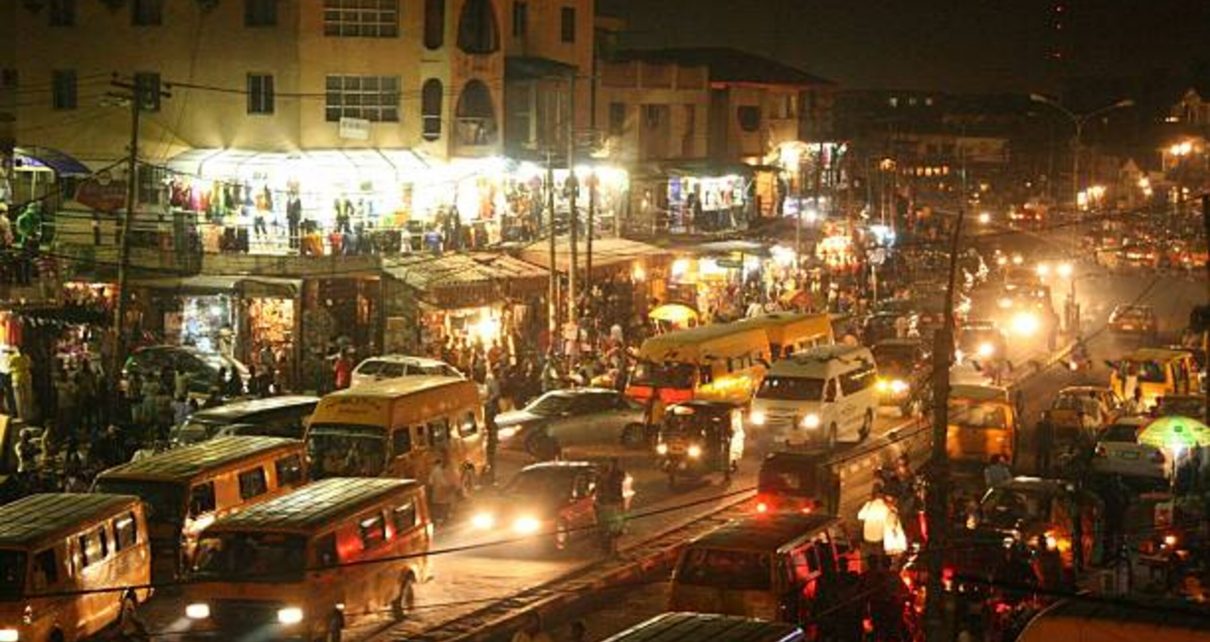Singapore and Zurich emerged as the world’s most expensive cities this year, followed by Geneva, New York, and Hong Kong, as per the Economist Intelligence Unit (EIU), signalling ongoing challenges in the global cost-of-living landscape. Meanwhile, Lagos, Nigeria’s commercial hub, remains relatively affordable in the latest survey, ranking 125th out of 172 cities.
The EIU’s report highlighted a 7.4% year-on-year increase in prices for over 200 common goods and services, though slightly down from the previous year’s record of 8.1%. Singapore clinched the top spot for the ninth time in eleven years due to steep price levels in various categories, particularly transport, clothing, groceries, and alcohol.
“Singapore’s high price levels across multiple categories contributed to its reclaiming of the top position in the rankings,” stated the EIU report.
Zurich’s ascension reflected the robust Swiss franc and elevated prices in groceries, household goods, and recreation, signalling a competitive environment in global cost benchmarks.
While Geneva and New York shared the third spot, Hong Kong and Los Angeles followed suit in the rankings. Interestingly, Asian cities experienced relatively lower price hikes compared to other regions, with several Chinese cities witnessing a decline in rankings alongside Japanese cities like Osaka and Tokyo.
In contrast, Lagos, Nigeria’s bustling metropolis, maintained its affordability, securing the 125th position in the global cost-of-living index. The EIU’s report emphasized that Lagos remains relatively affordable compared to other major global cities.
Lagos Cost Breakdown:
- Housing: Rent for a one-bedroom apartment in central locations ranges from ₦200,000 to ₦500,000 per month.
- Food: Basic groceries cost around ₦20,000 monthly, but dining out could be pricier, averaging ₦5,000 to ₦10,000 per meal at mid-range restaurants.
- Transportation: Public transport is reasonably priced, with bus rides costing ₦100 to ₦200 and taxi fares starting at ₦500.
- Healthcare: Although private healthcare can be expensive, government-funded facilities offer more affordable options.
The overall cost of living in Lagos remains comparatively budget-friendly despite potential fluctuations influenced by lifestyle choices, inflation, and currency fluctuations. The EIU’s 2023 report positions Lagos as an accessible city for various budgets, reflecting its ongoing status as a hub of affordability amidst global cost-of-living concerns.



